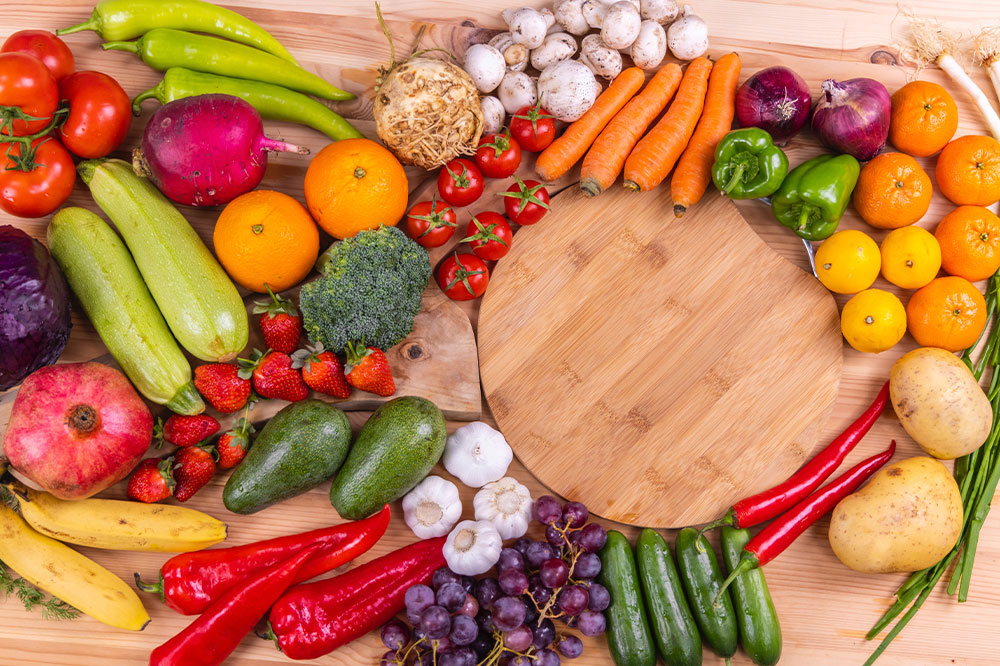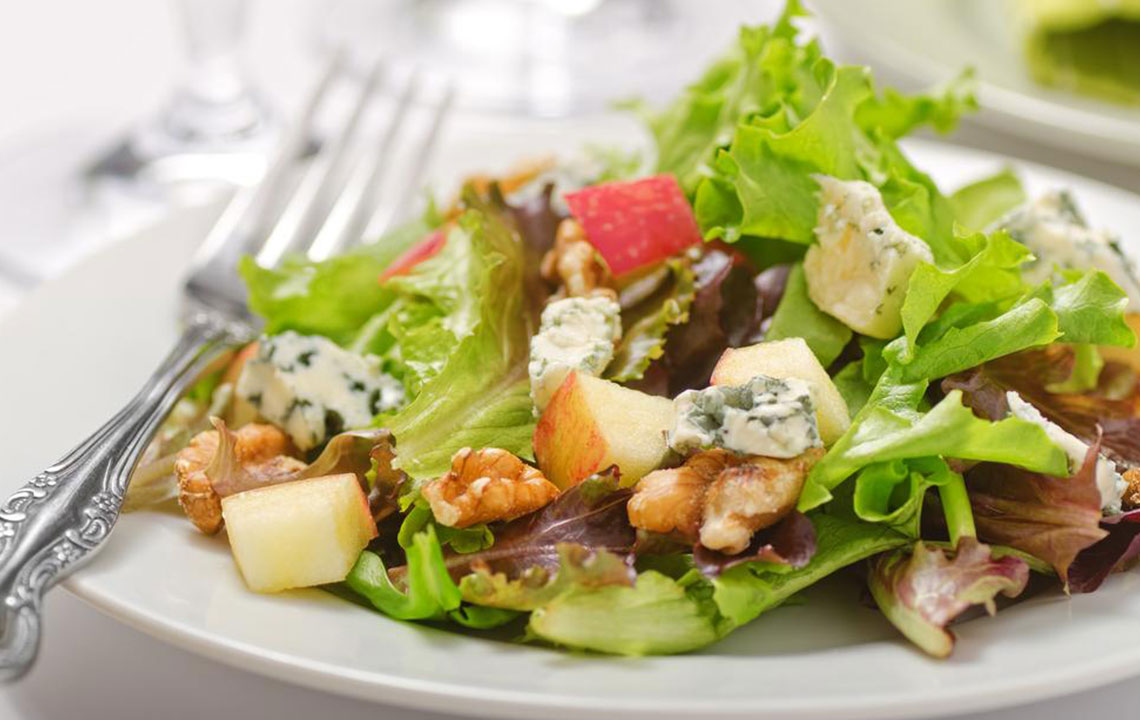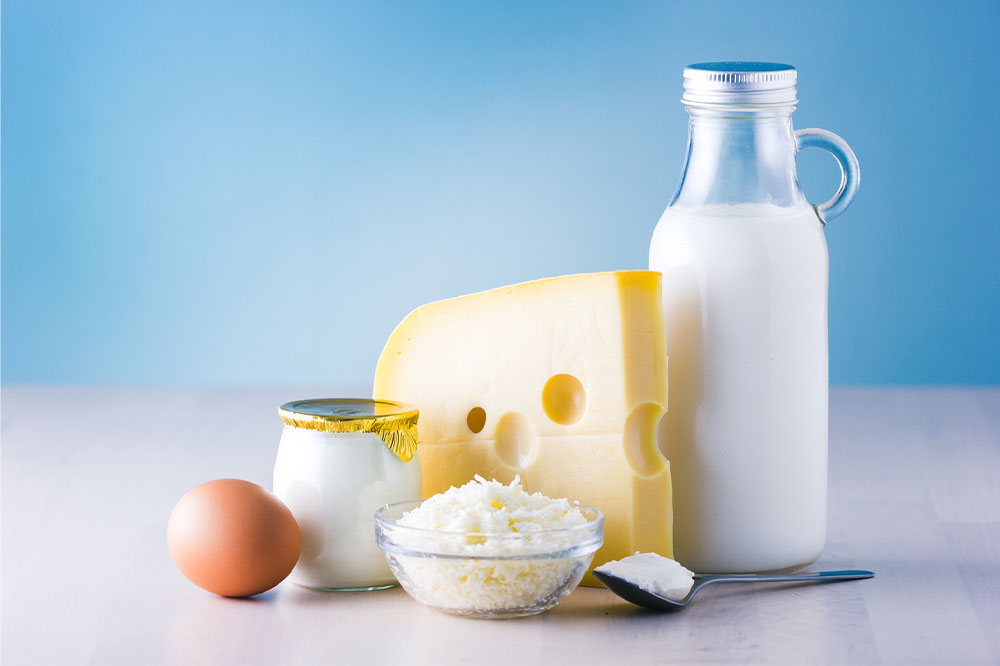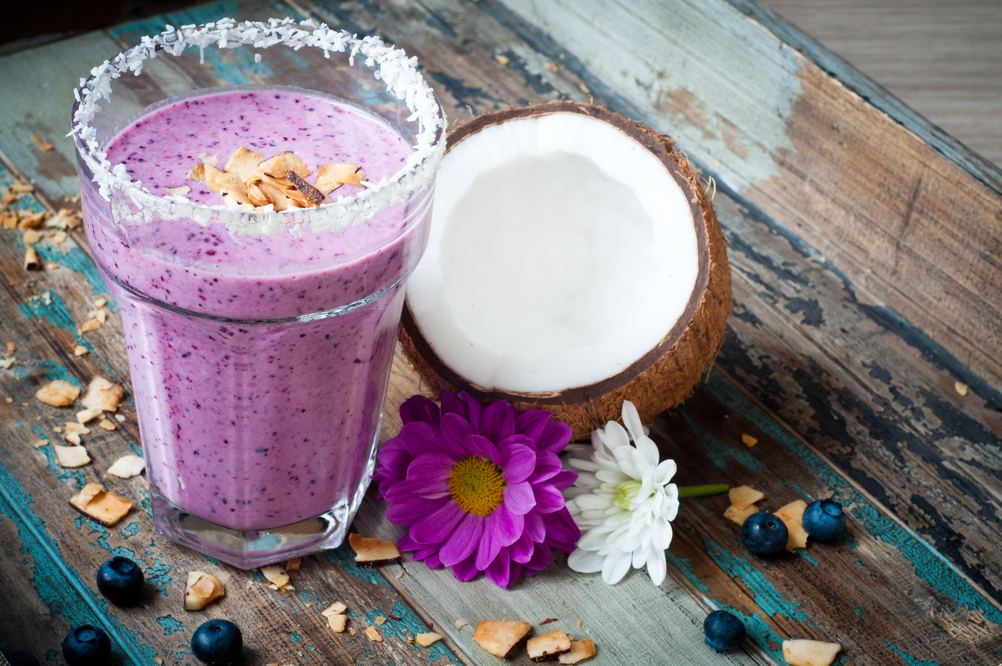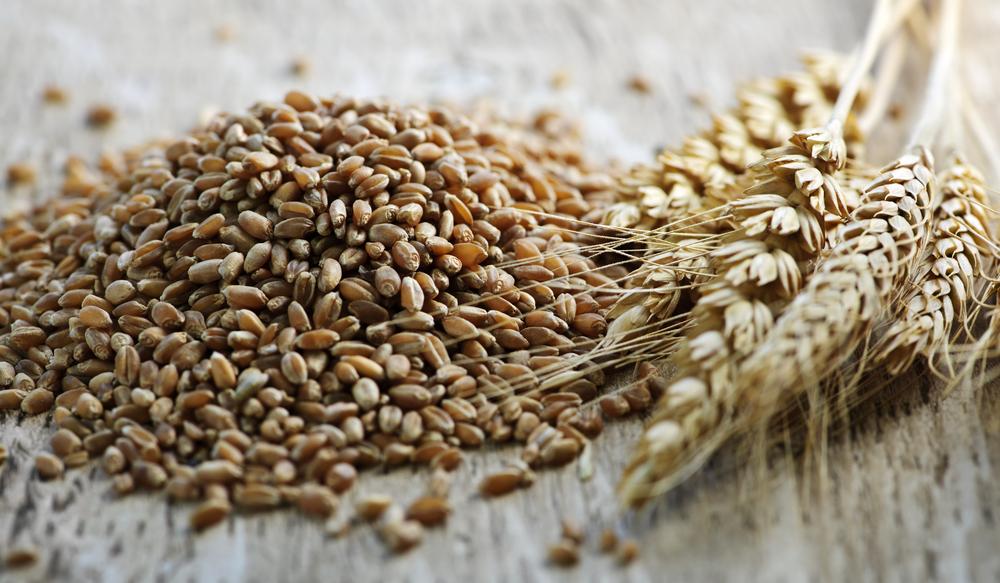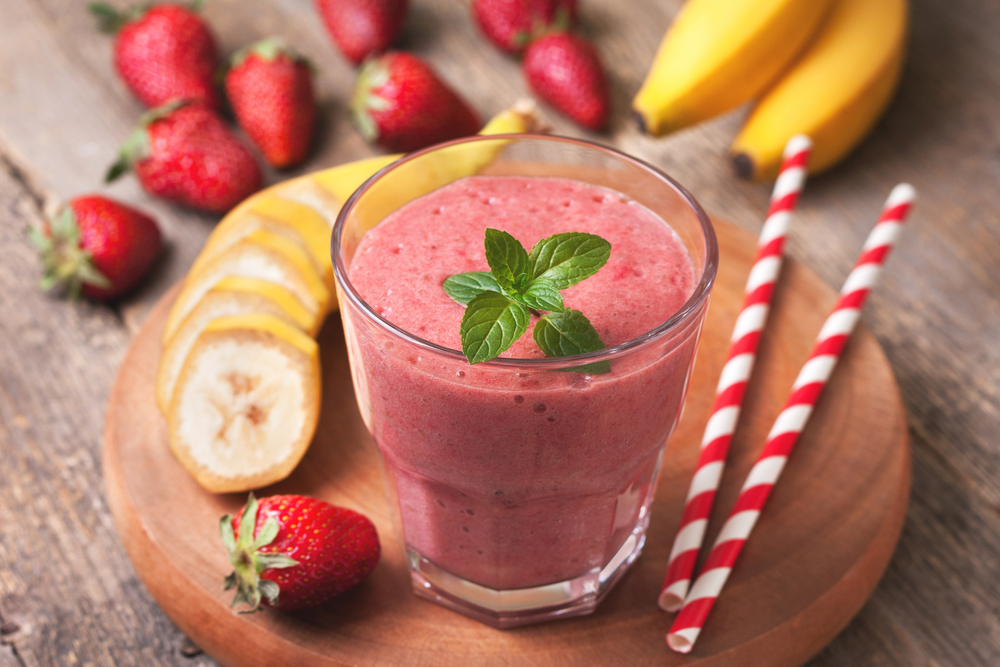Essential Iron-Rich Foods, Their Benefits, and Overconsumption Risks
Discover the importance of iron-rich foods, their health benefits, and the risks associated with excessive intake. Learn which foods boost energy, prevent anemia, and support overall wellness, along with tips to avoid overdose effects. Consult health professionals for personalized dietary advice to maintain optimal iron levels and optimal health.

Essential Iron-Rich Foods, Their Benefits, and Overconsumption Risks
Iron is a vital mineral that supports overall health by helping cells and tissues function properly and delivering oxygen to organs. Many individuals suffer from iron deficiency and anemia due to inadequate intake. So, which foods are rich sources of iron? This article highlights key iron-containing foods, their health benefits, and potential issues from excessive consumption.
Sources of Iron
Iron exists in two main forms: heme iron in animal products and non-heme iron found in plants. Both types can contribute to your daily nutritional needs.
While non-heme iron is sometimes underestimated, combining it with vitamin C-rich foods enhances absorption. A list of iron-rich options includes:
Red meats like beef, lamb, and pork, which contain easily absorbable heme iron.
Poultry options such as chicken and turkey.
Seafood including oysters, clams, prawns, salmon, and tuna.
Plant-based sources like lentils, chickpeas, kidney beans, and soybeans for vegans.
Nuts and seeds such as almonds, pumpkin seeds, and cashews.
Leafy greens like kale, collards, and spinach.
Iron-fortified cereals and grains, like muesli, suitable for breakfast.
Incorporating these foods into your diet ensures adequate iron intake vital for red blood cell production, oxygen transport, and overall energy. Both meat eaters and vegetarians can find tasty ways to meet their needs.
Health Benefits of Iron-Rich Foods
Eating foods high in iron offers multiple health advantages:
Preventing anemia
Since iron is essential for creating red blood cells, a deficiency can cause anemia, leading to fatigue and weakness. Consuming iron-rich foods helps maintain healthy blood levels.
Boosting energy levels
Iron deficiency often results in tiredness. Adequate iron intake enhances vitality and reduces fatigue.
Supporting immune health
Iron is crucial for developing white blood cells, which defend against infections. Proper iron levels strengthen immunity.
Enhancing cognitive functions
Brain performance relies on oxygen supply, and iron facilitates this, promoting better thinking and concentration.
Maintaining muscular health
Iron ensures muscles receive sufficient oxygen for movement and strength.
Fetal development
During pregnancy, adequate iron supports fetal growth and prevents premature birth.
If you experience anemia or low energy, reviewing your iron intake is recommended. Including iron-rich foods in your diet can promote recovery and overall vitality.
Risks of Excess Iron Consumption
While vital, overconsuming iron poses health risks:
Digestive issues
Excess iron can cause constipation, nausea, vomiting, and diarrhea.
Nutrient absorption interference
Too much iron may hinder absorption of minerals like calcium, magnesium, and zinc.
Chronic disease risk
Excessive iron intake may elevate the chances of developing conditions like heart disease, diabetes, and certain cancers.
Iron poisoning
High iron levels can damage organs such as the liver, pancreas, and heart, leading to fatigue and joint pains.
Increased infection likelihood
Since bacteria and viruses thrive on iron, excess levels can make infections more probable.
Most adverse effects relate to overconsumption of red meats and fortified foods. To determine the right amount of iron for your health, consult healthcare professionals who can tailor recommendations to your needs. Balance is key—iron supports strength and immunity but may pose risks if misused.

